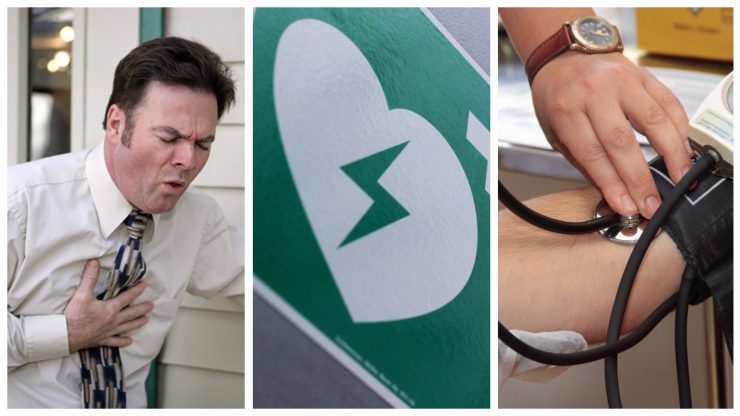If something was going wrong with your heart, would you know it? Your actual, physical pumping heart, I mean, not your love life. Coronary heart disease develops when the major blood vessels that supply your heart with blood, oxygen and nutrients (also known as the coronary arteries) become damaged or diseased.
Not all heart problems come with clear warning signs. There’s not always an alarming chest clutch followed by a fall to the floor like you see in movies. Some heart symptoms don’t even happen in your chest, and it’s not always easy to tell what’s going on. Read on to discover warning signs you shouldn’t ignore when it comes to your heart.
1.The Most Common Symptom
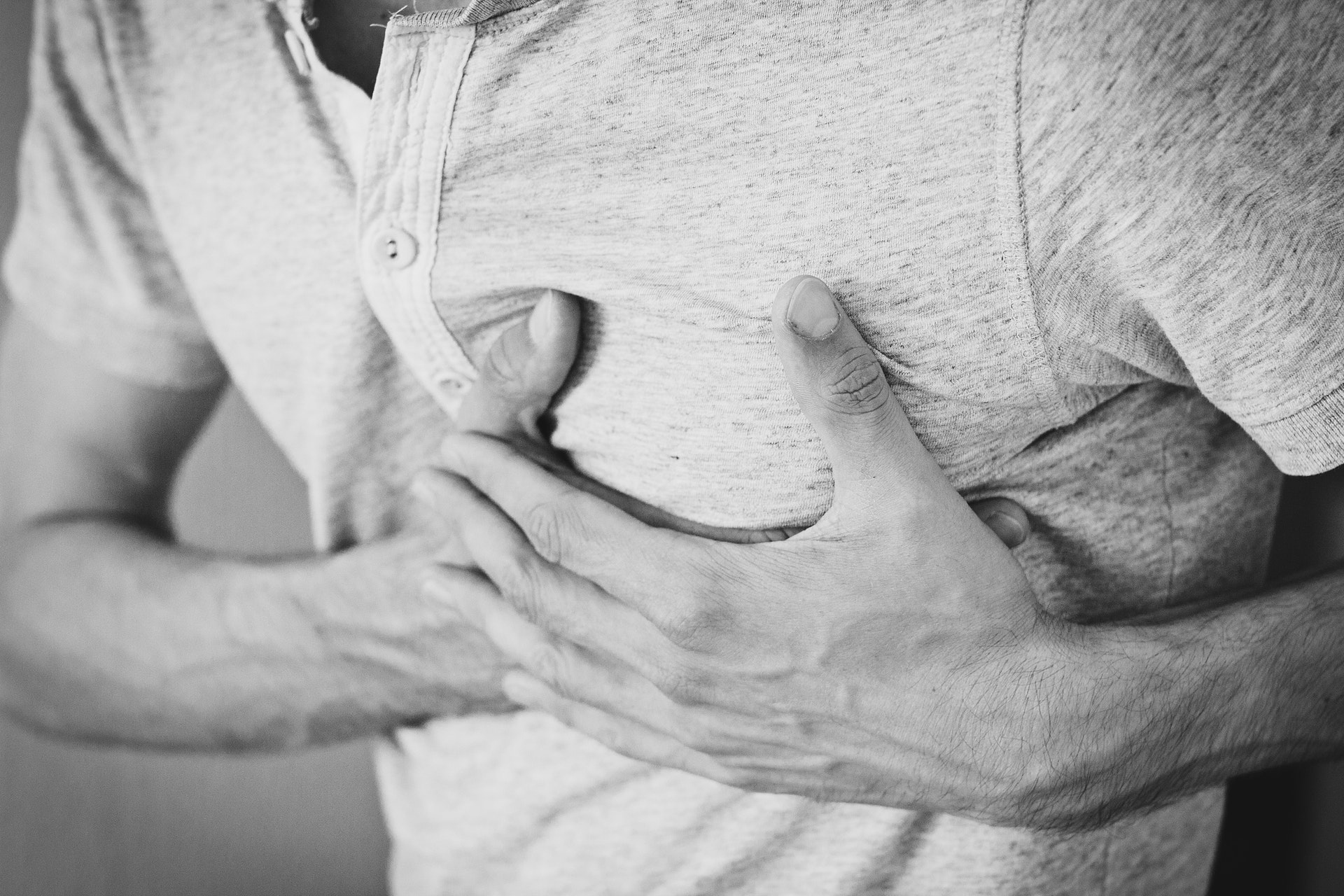
Angina is the most common sign of heart danger. Angina may feel like pressure or squeezing in your chest. You also may feel it in your shoulders, arms, neck, jaw, or back. Angina pain may even feel like indigestion. The pain tends to get worse with activity and go away with rest.
2. Shortness Of Breath

If your heart can’t pump enough blood to meet your body’s needs, you may develop shortness of breath with exertion or sometimes even at rest, depending on the amount of damage. Blood “backs up” in the pulmonary veins (the vessels that return blood from the lungs to the heart) because the heart can’t keep up with the supply.
3. Heart Attack
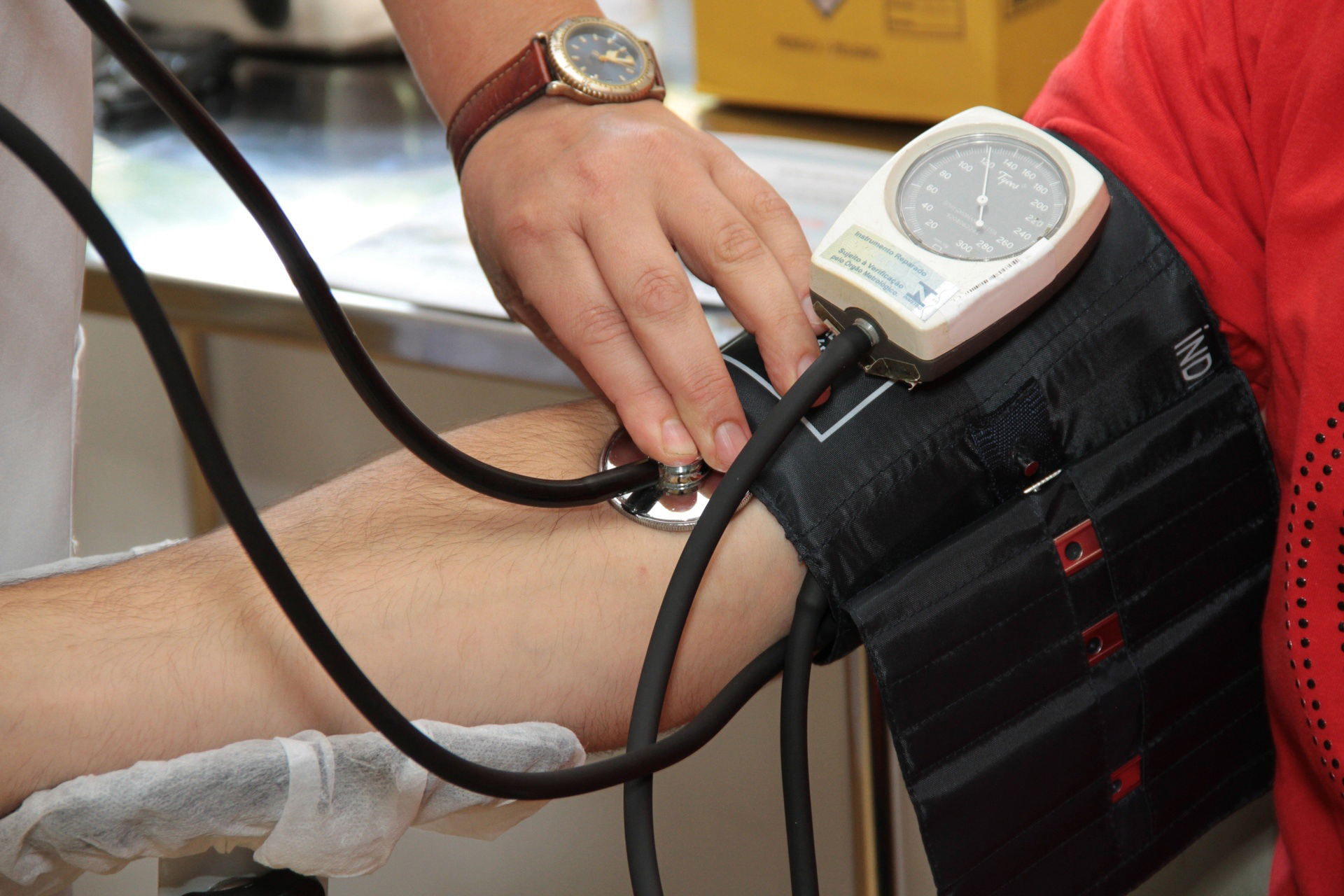
A heart attack happens if the flow of oxygen-rich blood to a section of heart muscle is cut off. This can happen if an area of plaque in a coronary artery ruptures or breaks open. If the blockage isn’t treated quickly, the portion of heart muscle that’s fed by the artery begins to die. Healthy heart tissue is then replaced with scar tissue, resulting in permanent damage to the heart. Keep reading to find out the signs of and symptoms of heart attack.
4. Chest Pain
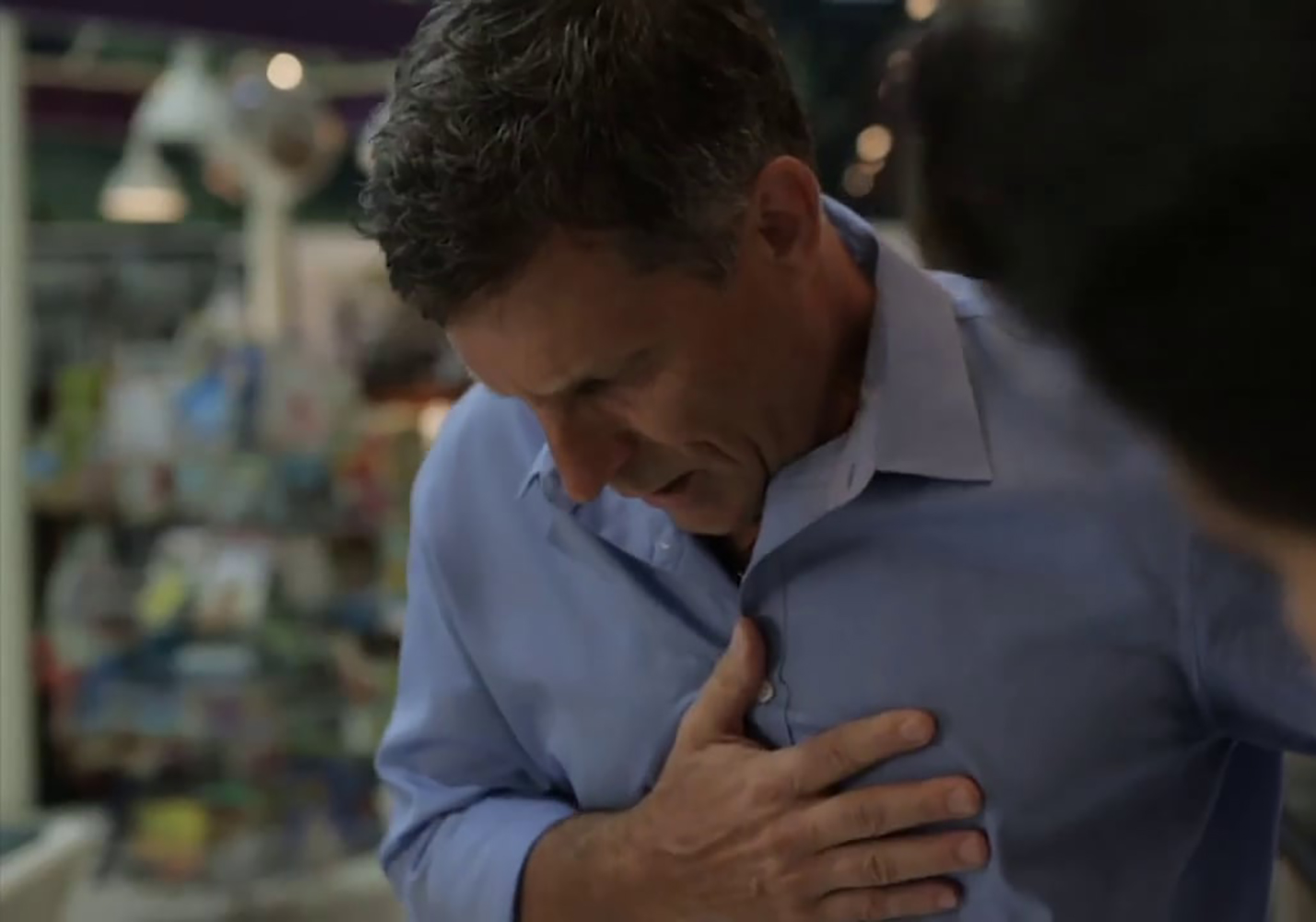
This doesn’t necessarily mean the typical Hollywood clutching-at-the-chest-and-falling over type of chest pain. Most heart attacks involve pain or discomfort in the center or left side of the chest that often lasts for more than a few minutes or goes away and comes back. Keep in mind that it is also possible to have a heart attack without experiencing any chest pain at all.
5. Digestive Issues

Some people experience nausea, indigestion, heartburn, or stomach pain during a heart attack. They may even vomit. Women particularly should know that about this symptom, as they are much more likely to experience these type of symptoms than men are. It could always just be something you ate, but if you’re having other symptoms take it seriously.
6. Pain That Spreads To the Arm
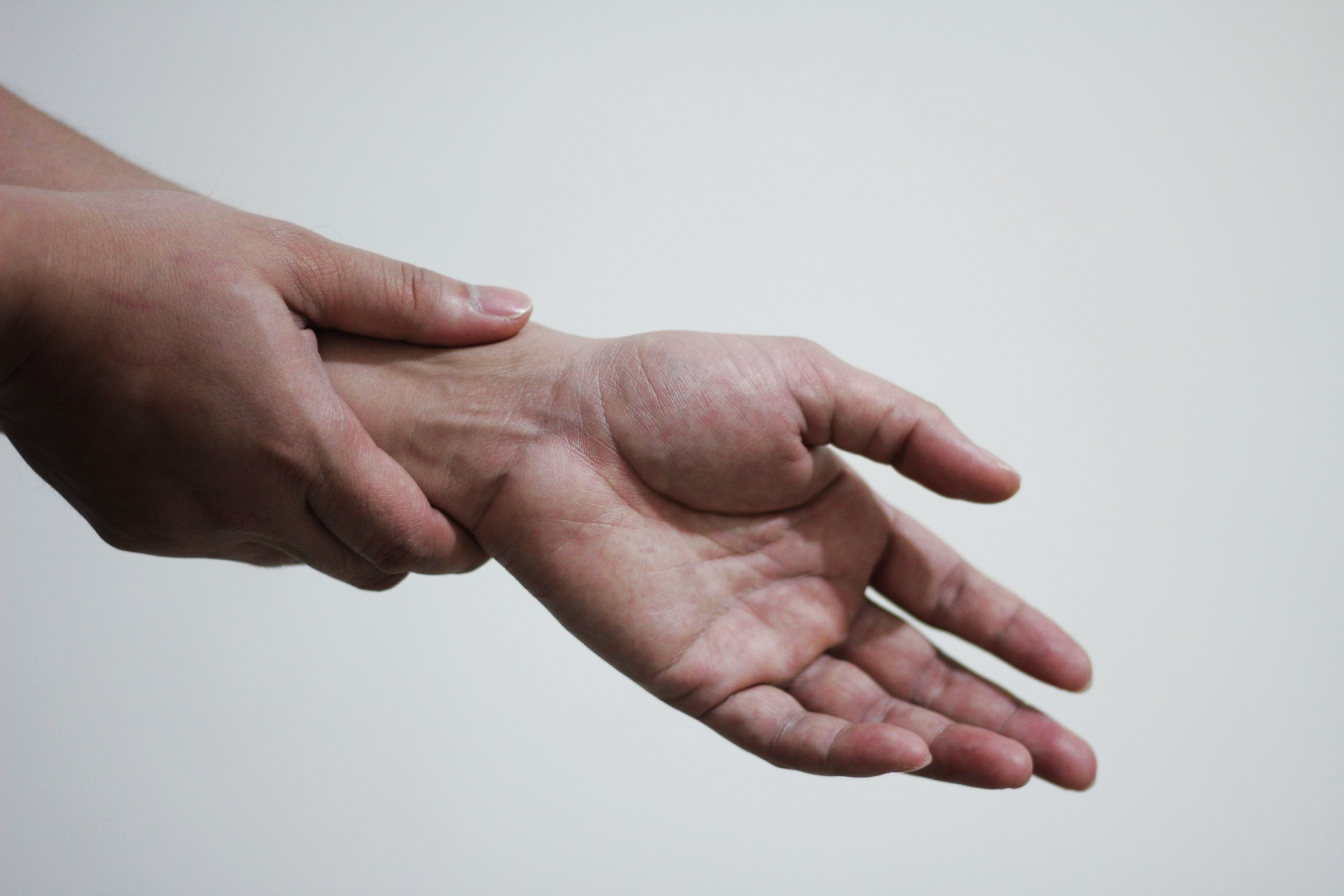
Pain that radiates down the left side of the body is a classic heart attack symptom. It usually starts from the chest and moves outward, but some people have reported only experiencing pain in their arm. The next symptom isn’t necessarily one you’d associate with a heart attack, so it’s important to know.
7. You Feel Dizzy or Lightheaded

Many things can make you lose your balance or feel faint for a moment. If you suddenly feel unsteady and you also have chest discomfort or shortness of breath, however, call a doctor right away. It could mean your blood pressure has dropped because your heart isn’t able to pump the way it should.
8. Throat or Jaw Pain

On its own, throat or jaw pain most likely isn’t heart-related, but if you have pain or pressure in the center of your chest that spreads up into your throat or jaw, it could be a sign of a heart attack. Like many of the symptoms on this list, it’s better to seek medical attention to make sure everything is okay.
9. You Get Exhausted Easily
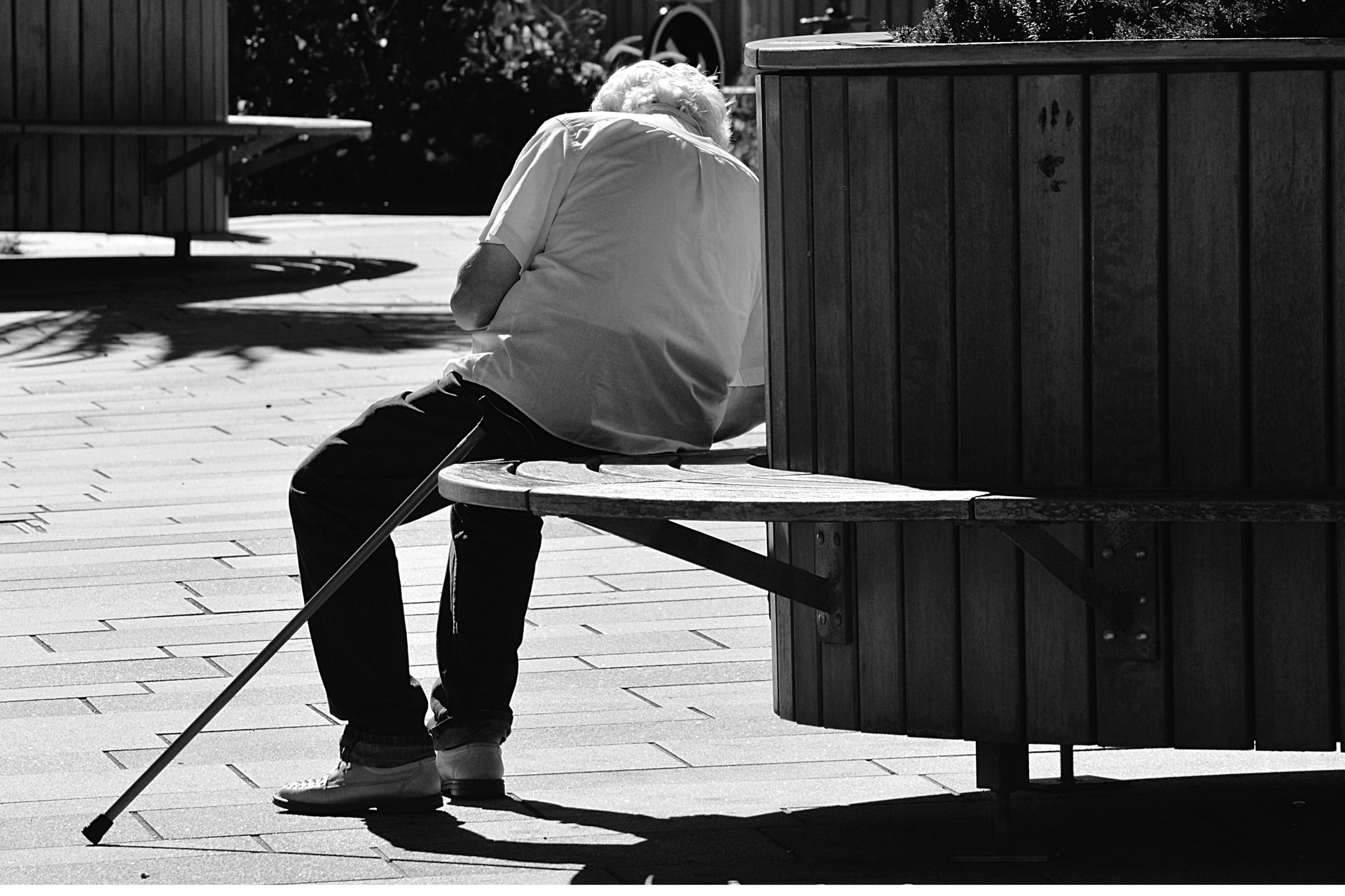
If you suddenly feel fatigued or winded after doing something you normally have no trouble doing – like carrying groceries from the car or climbing the same flight of stairs at home – make an appointment with your doctor right away. Extreme exhaustion or unexplained weakness can be a symptom of a heart attack, especially for women.
10. Snoring
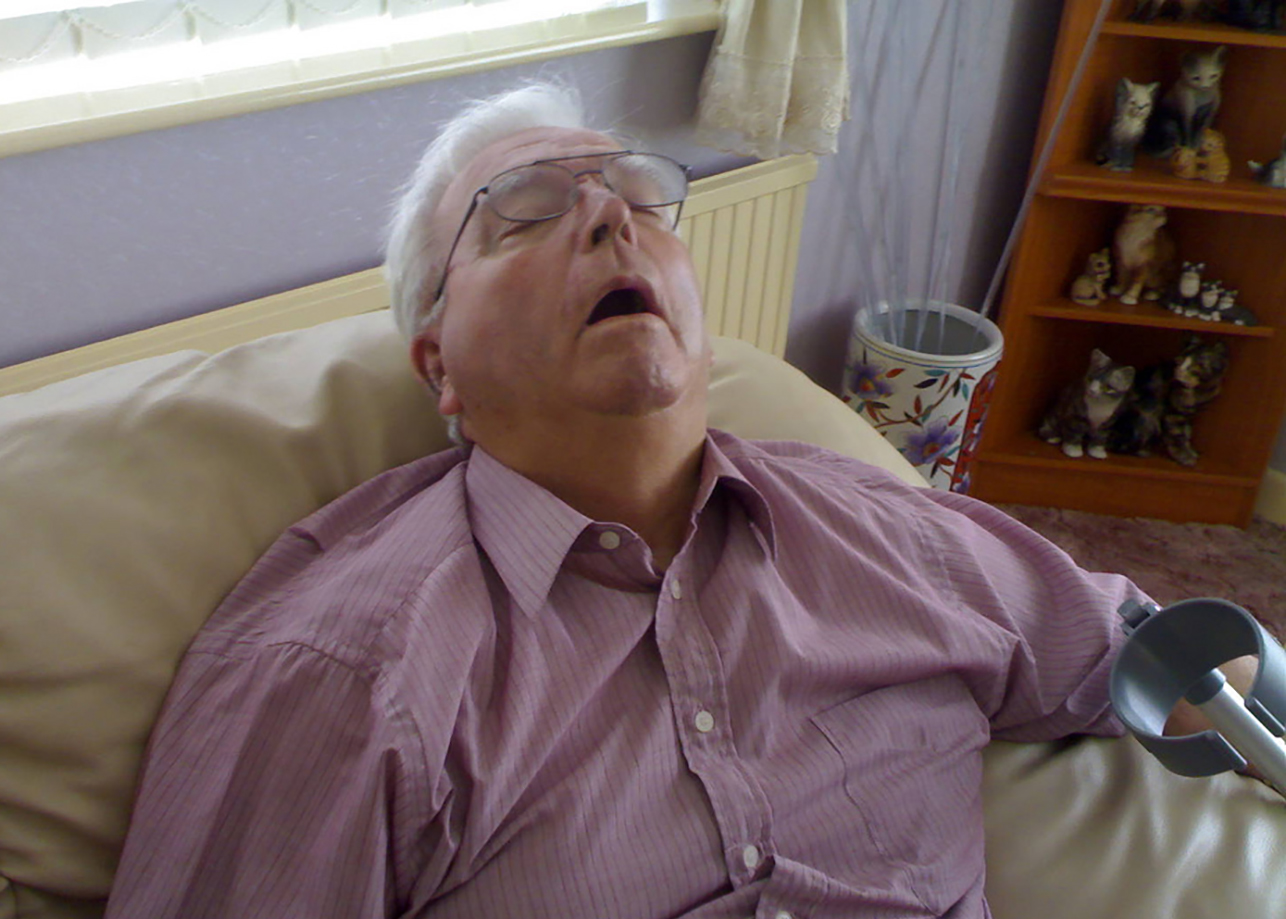
Snoring a bit when you snooze isn’t unusual. However, extremely loud snoring that sounds like a gasping or choking can be a sign of sleep apnea. That’s when you stop breathing for brief moments several times at night while you are still sleeping. Sleep apnea puts extra stress on your heart, so speak with your doctor if snoring is keeping you or your partner up at night.
11. Sweating
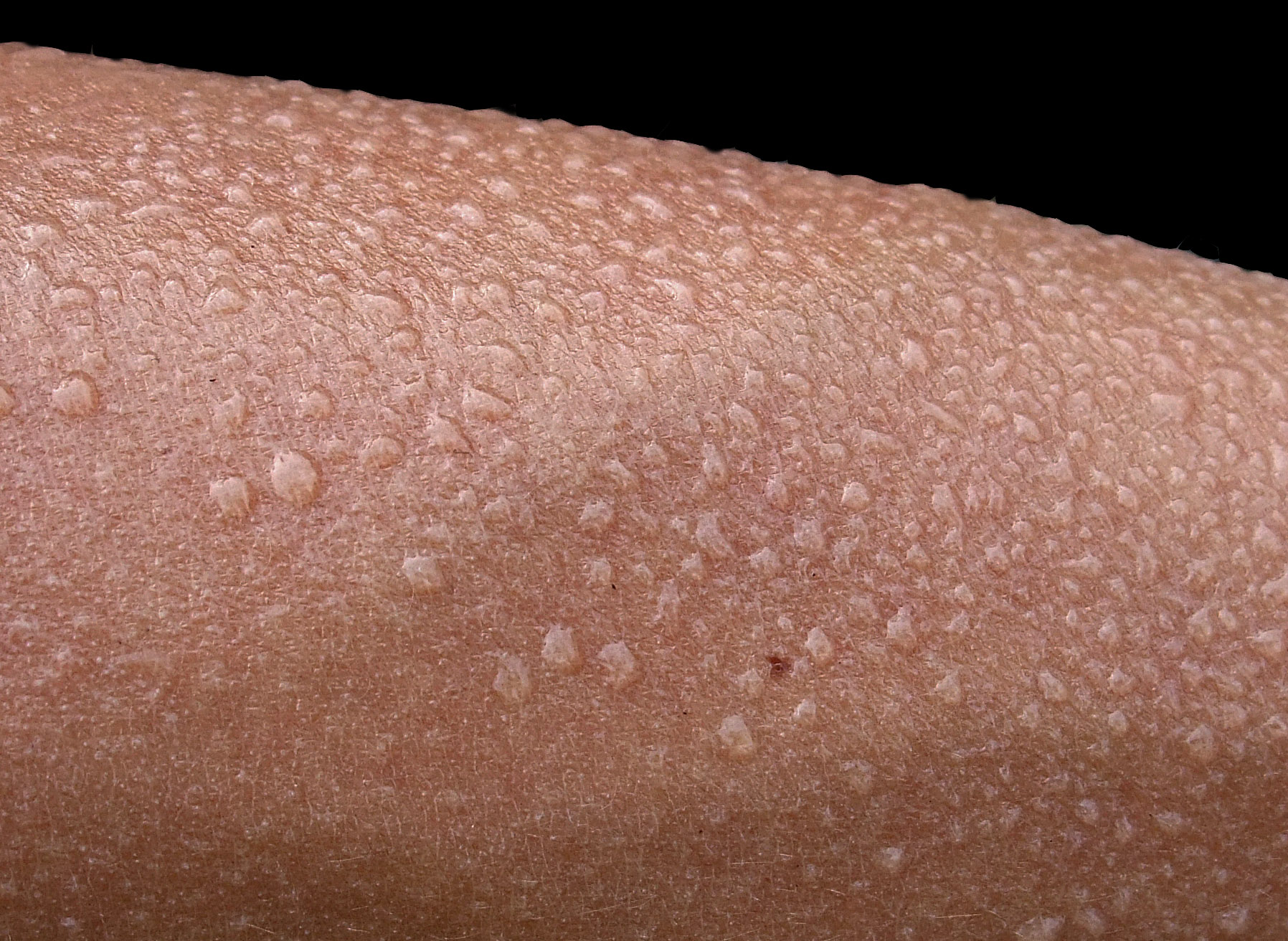
Breaking out into a cold sweat for no apparent reason could signal a heart attack. If this happens, especially along with any of these other symptoms, call 911 to get to a hospital right away. Don’t try to drive yourself as you could just put you or other people on the road in danger. The next symptom is one that can happen during a heart attack or as a symptom of a more serious problem we’ll discuss further on.
12. Arrhythmia (Irregular Heartbeat)
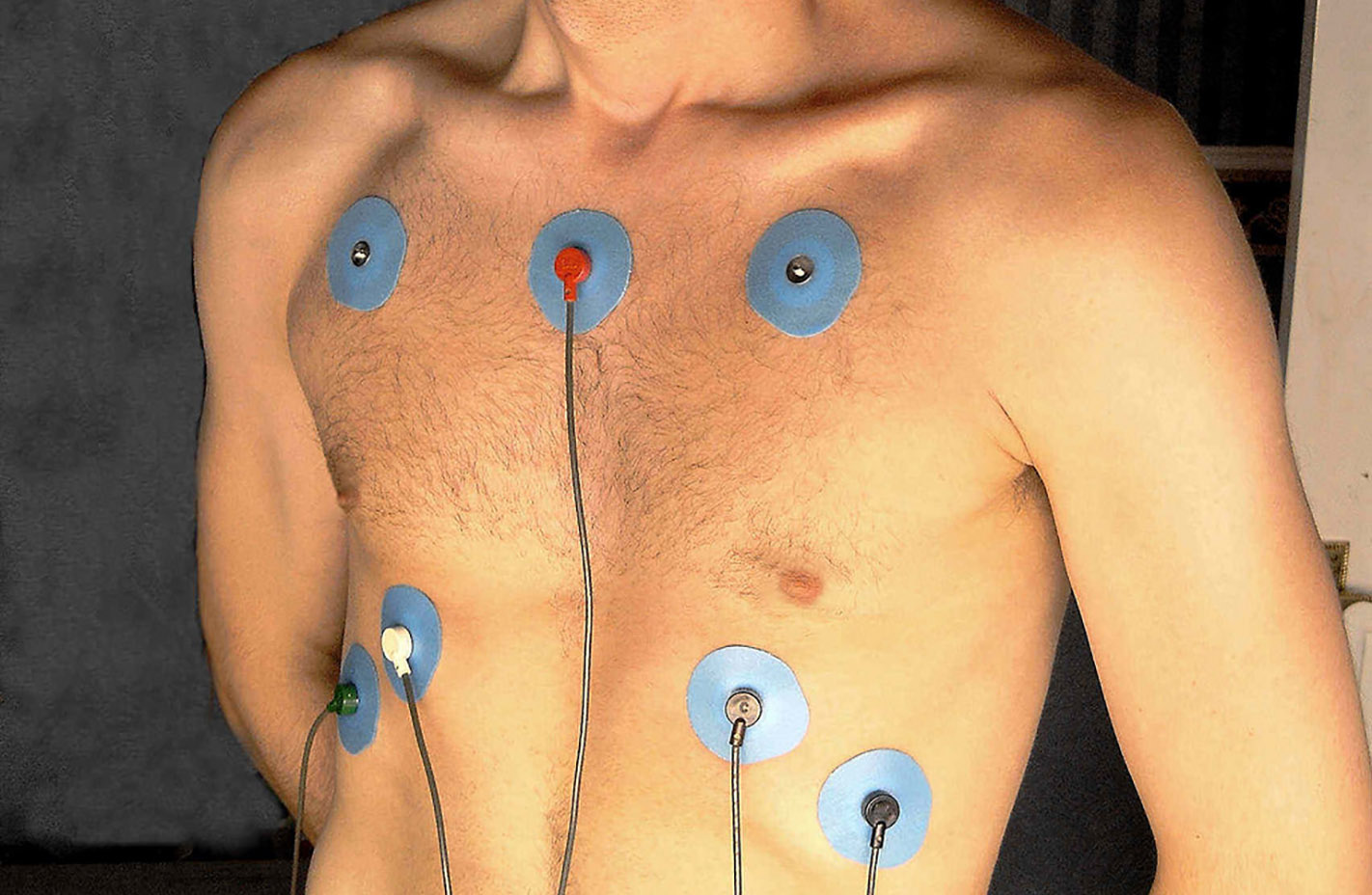
It’s perfectly normal for your heart to race when you are nervous or excited or to skip or add a beat once in awhile. If you feel like your heart is beating out of time for more than just a few seconds, or if it happens too often, talk to your doctor. It could be a symptom of a much bigger problem.
13. Heart Failure
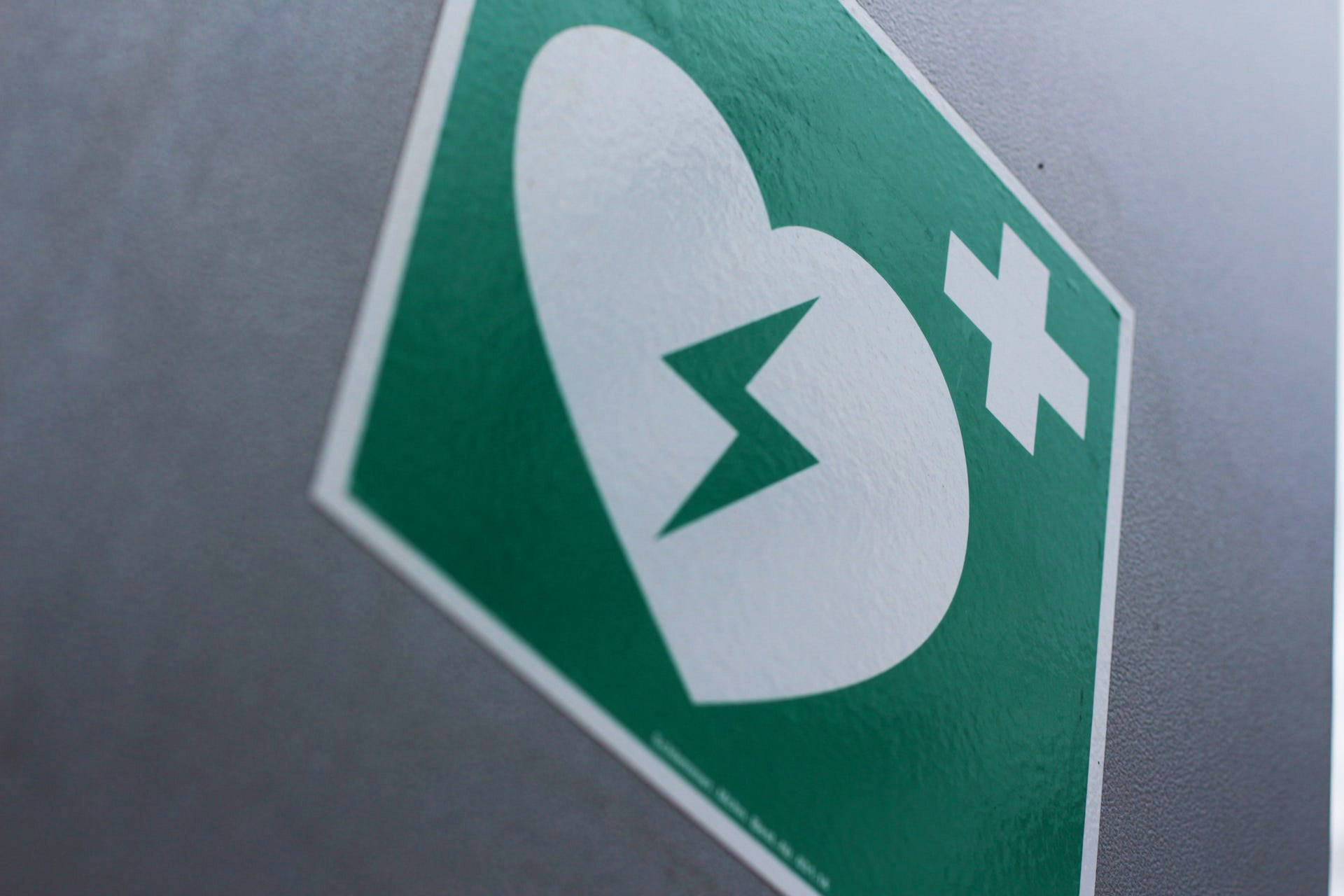
Heart failure doesn’t mean that your heart has quit beating or is about to stop working. It means that your heart can’t pump enough blood to meet your body’s needs. Heart failure develops over time as the heart’s pumping action grows weaker. Keep reading for warning signs of heart failure that you’ll want to talk with your doctor about immediately.
14. Unexplained Swelling
This could be a sign that your heart doesn’t pump blood as effectively as it should. When the heart can’t pump fast enough, blood backs up in the veins and causes swelling, particularly in the legs, feet and ankles. Heart failure can also make it harder for the kidneys to remove extra water and sodium from the body, which can lead to bloating.
15. A Cough That Won’t Quit
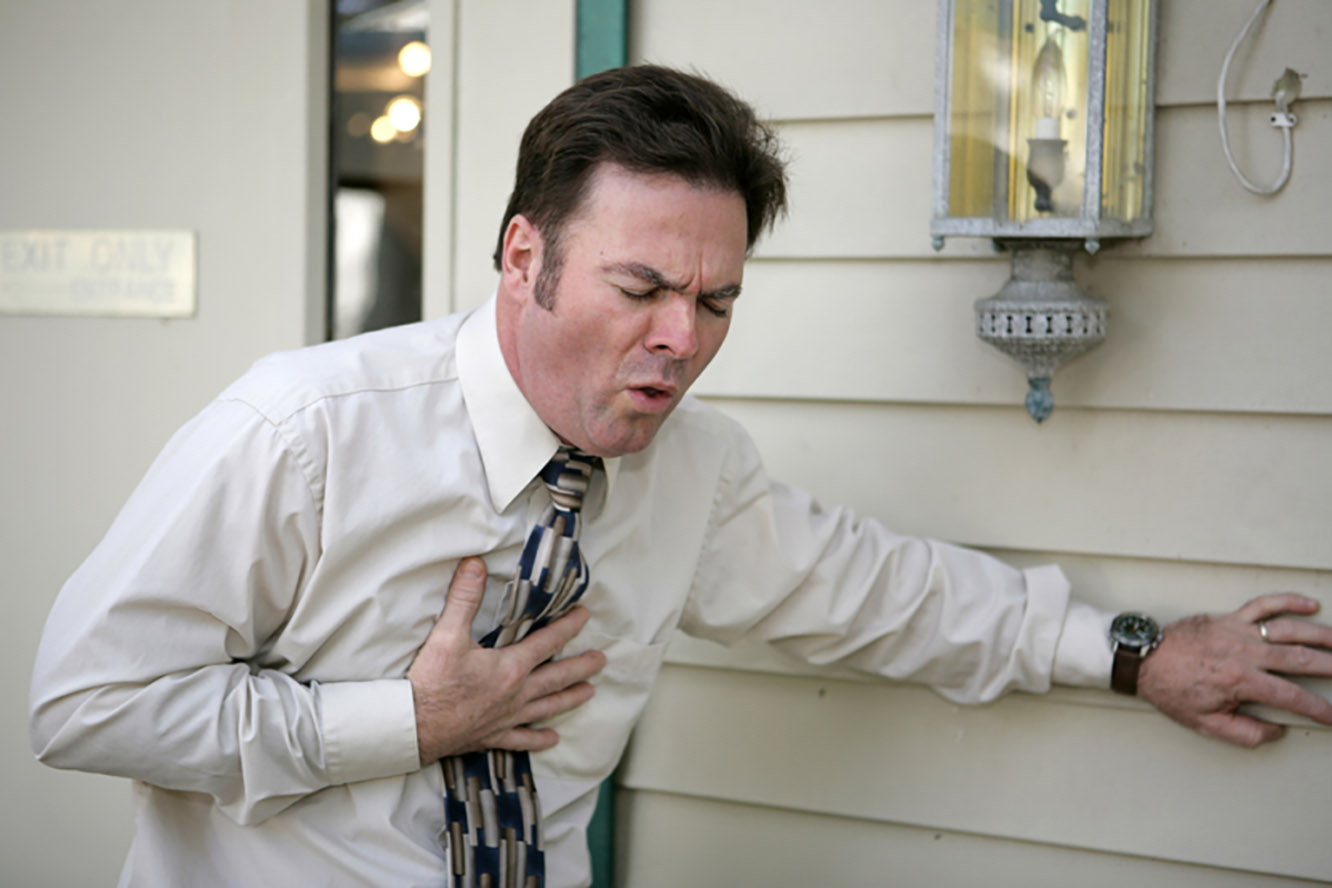
In most cases, this won’t be a sign of heart trouble. If f you have heart disease or know you’re at risk, though, don’t disregard this symptom. If you have a long-lasting cough that produces a white or pink mucus, it could be a sign of heart failure. This happens when the heart can’t keep up with the body’s demands, causing blood to leak back into the lungs.
16. Lack Of Appetite
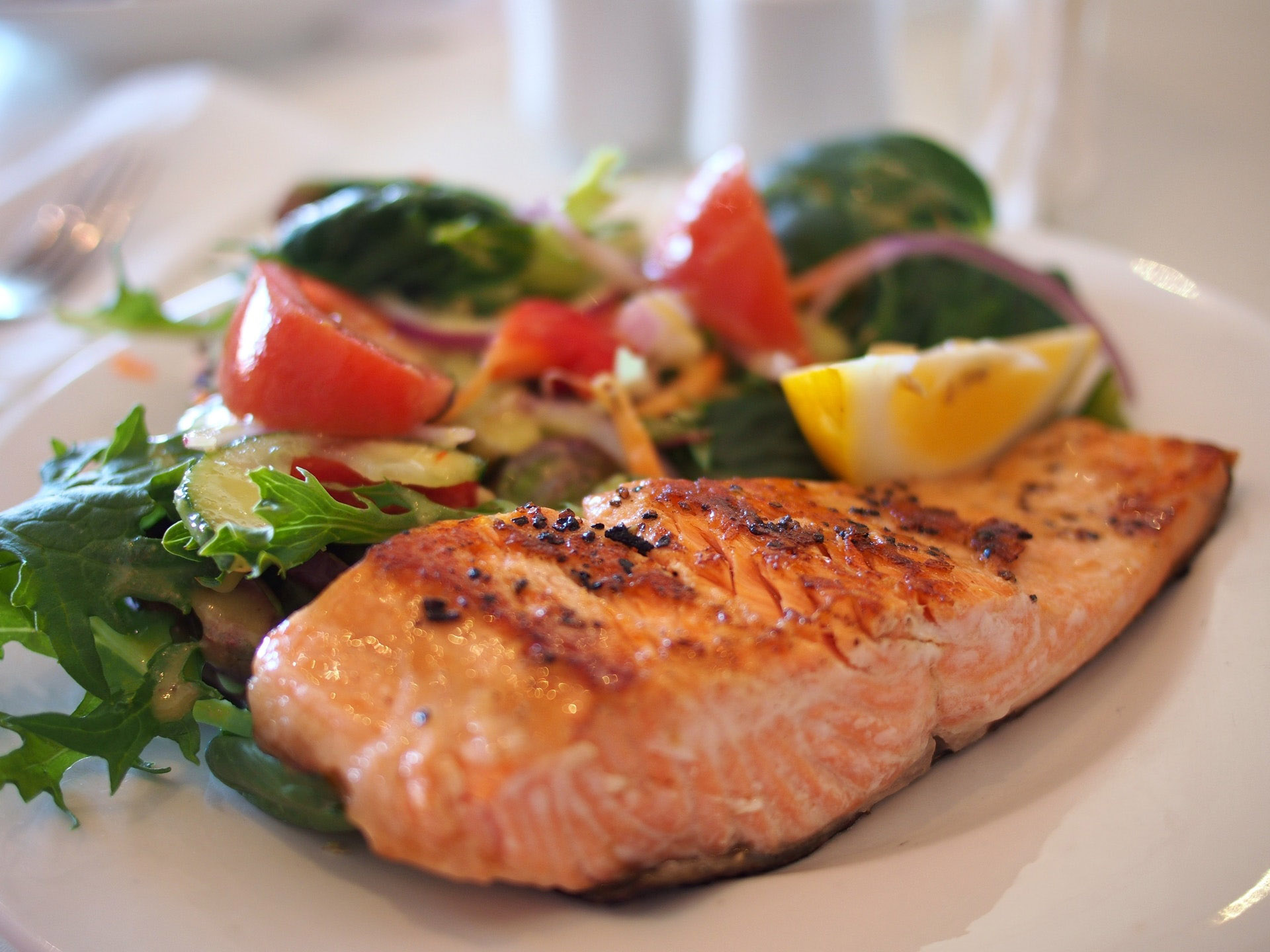
If you have the constant feeling of being full or sick to your stomach it could be a warning sign of heart failure, especially if it’s present with other warning signs. That’s because the heart isn’t supplying the digestive system with enough blood, causing problems with digestion. Like the previous and next symptom, it’s not something you’d typically think of stemming from a heart issue, but it’s an important piece of the puzzle.
17. Confusion

Memory loss, confusion or impaired thinking are all much more common than most people realize in people who are experiencing heart failure. The reason for this is that changing levels of certain substances in the blood, such as sodium and potassium can cause drastic changes in brain and body chemistry.
18. Anxiety

This is one of the most telling yet most often missed clues to heart failure. The symptoms of heart failure or heart disease – fast, shallow breathing, racing thoughts, sweaty palms, and a rapid heart rate – can also be signs of a heightened anxiety response. Often people are misdiagnosed or diagnose themselves instead of discussing their concerns with their doctors.
19. A “Drowning” Feeling

People diagnosed with heart failure often look back and recognize this early symptom. They either didn’t realize what was happening at the time or couldn’t quite describe the feeling. It may feel like a pressure or heaviness in the chest, like you’re being compressed by a heavy weight. It may also feel as if the lungs are filled with fluid when trying to take a deep breath.
20. An Ounce Of Prevention

The same lifestyle habits that can help treat coronary artery disease can also help prevent it from developing in the first place. Leading a healthy lifestyle can help keep your arteries strong and clear of plaques. To improve your heart health, be sure to control conditions such as high blood pressure, high cholesterol and diabetes. Stay physically active and eat a low-fat, low-salt diet that’s rich in fruits, vegetables and whole grains.


